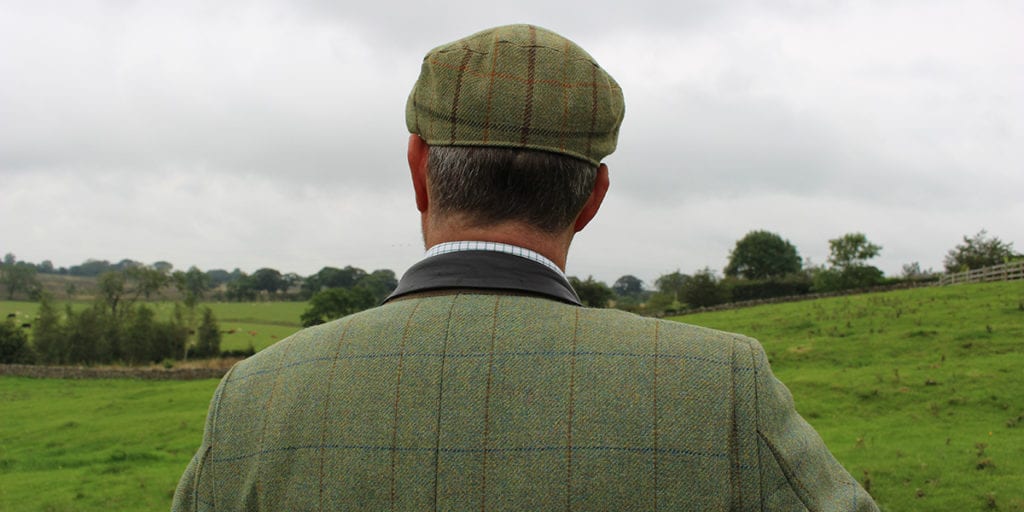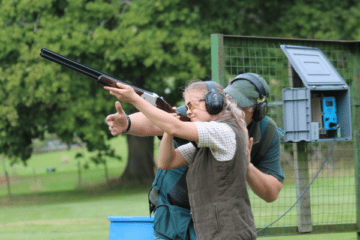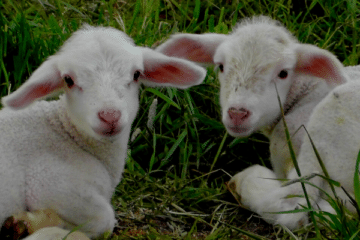Gamekeeping almost made me change career, until I realised it meant waking up at 5am every day!

Gamekeeping as a career
There aren’t many people at 18 who have a job with a company car, house and expenses for a suit, pets and sports nowadays. However, for the some 3,000 full-time gamekeepers in the UK, these are often the minimum expected benefits of the job. Annual wages range from £15,000 to £50,000, with younger keepers on the lower end of the spectrum.
Gamekeeping is a modern, qualified, engaging and fun job for young people enthusiastic about countryside pastimes. Gamekeepers play an important role in maintaining the UK’s environment. For those young people who like early mornings and working in the countryside, gamekeeping represents a promising career.
What is gamekeeping?
It is important to note that gamekeeping is not just one basic job though. It has many facets that appeal to today’s young shots.
There are gamekeeping jobs associated with a whole variety of countryside sports – upland or lowland gamekeeping for shooting, managing deer as a stalker or protecting game fish as a ghillie. All this makes gamekeeping the ideal job for those of us who enjoy walking, off-roading, fishing, shooting and stalking.
That’s not to say that gamekeeping is easy. Gamekeepers are often up at first light and working until sunset maintaining land and animals. This makes for a somewhat unsociable job, although often those working on estates or shoots form a tight-knit clan.
There is also a significant responsibility on the shoulders of today’s gamekeepers in conserving some of Britain’s rarest habitats and species.
As the Scottish Gamekeepers Association points out, gamekeepers carry out roughly £140 million-worth of conservation work across the UK each year. Maintaining moorlands, preventing the overpopulation of pest species, and providing a habitat for eagles, harriers, peregrines, owls and many more important species. This makes gamekeeping an admirable job for the more environmentally-conscious generation Z.

The requirements
Many young people might imagine gamekeeping as an experience-based job passed down through families. Nowadays, however, it is a modern profession often demanding extensive qualifications.
Young people may need to show a good education, from practical NVQ training to diplomas in countryside, wildlife, and environmental management, before getting experience as a keeper. Most of these courses will expect good GCSE grades primarily in math and English.
They also require other relevant subjects such as science, design and tech, woodwork, metalwork, mechanics, geography, environmental or rural studies and even business studies.
Perhaps more importantly in the current climate, many leaving school face the prospect of sitting in front of screens trying to make a Zoom call work. Gamekeeping, however, offers a more post-Covid friendly workplace. Most work being carried out outdoors with plenty of space for social distancing.
https://youtube.com/watch?v=YxxHwI77FCE%3Ffeature%3Doembed
First-hand experience
One of Britain’s aspiring gamekeepers, Jonty, shared his experience of joining the world of gamekeeping to help other young shots understand what to expect from this profession.
Jonty isn’t the only one keen to see more young people in gamekeeping, however. Gary, a head keeper who works on an estate in the North East and was also willing to share his insights on the job and give some valuable advice to younger keepers.
When asked whether more young people should become gamekeepers, Gary said: “It’s a changing job at the moment, but I think it will always be here and from my point of view gamekeeping needs to continue, so I would definitely recommend it!”
Most of all Gary was keen to highlight the important responsibility that new gamekeepers will inherit. “You are not just putting things up in the air to shoot…we need to manage all these animals. I think the best part is seeing everything benefit from our work – the woodland habitat, the bog habitat, arable farm habitat and everything that we help keep in place.”
Best way to get started
In terms of getting a job as a gamekeeper, Gary emphasised that there are different roles available, depending on what you want to do. Gary said: “A bit of experience is really good. If someone really wants to do this job, they’ve usually been beating from their teens or that sort of thing. But that’s not to say that anyone who hasn’t wouldn’t make a good gamekeeper… As long as you’re keen to do it, qualification doesn’t have to come into it. If you want to become a head keeper though, you do need a bit of your maths and English and other useful knowledge.”
It is not an easy job either, as Gary points out: “It’s a job that has long hours; it’s hard so it’s not a job you can do if you’re not 100 per cent into it.” For first-time keepers, Gary advises: “Always look for something to do. In this job you never get to the end of anything. It’s often non-stop so if you can’t find anything to do, pick up a brush and start sweeping!”
Ultimately, it’s important to recognise that gamekeeping is a job that has something for everyone with a love for the countryside. It offers a modern and forward-looking career that will always keep you busy. The hard work is rewarded not only in the bank account but in the satisfaction gained by contributing to the rural environment.




